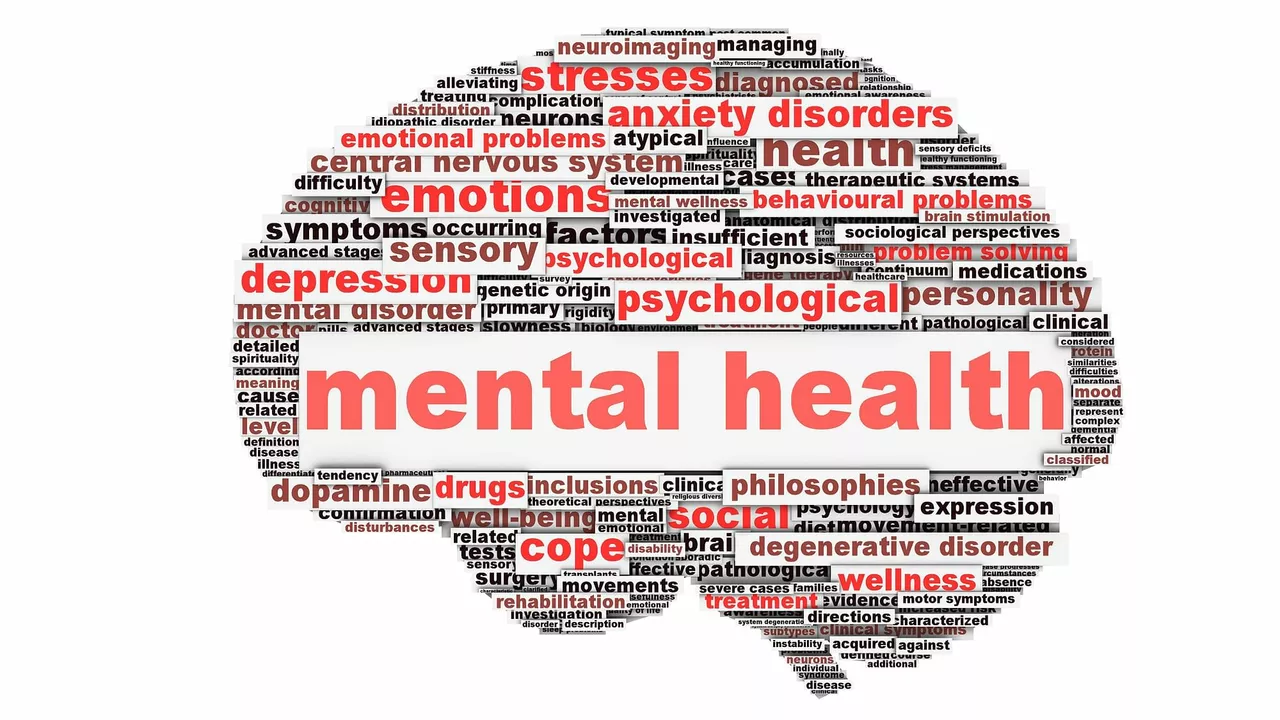Mental Health: Practical Guides on Meds, Therapy & Safety
If you’re looking for straightforward information about mental health, you’re in the right place. This tag collects practical guides on common medications (like fluoxetine), options for anxiety, support for quitting alcohol, and how to buy meds safely online. No fluff—just usable tips you can act on or discuss with your clinician.
Top articles worth reading first
Start with 'How to Safely Purchase Fluoxetine Online' if you or someone you care for is considering an SSRI. That piece explains dosing basics, typical side effects, and red flags that mean you should call your prescriber. If alcohol is a problem, check '8 Alternatives to Antabuse' to compare medications such as naltrexone and acamprosate—what they do, when they help, and what to ask your doctor.
For anxiety or allergy meds, '6 Alternatives to Atarax' lays out options and trade-offs so you can bring a focused list to your appointment. If you’re worried about shady sellers, read 'How to Safely Verify Online Pharmacies' for a step-by-step checklist to spot licensed pharmacies, valid prescriptions, and warning signs of fake sites.
How to use these guides safely
Use these articles as a starting point, not as a final plan. When a post compares drugs, it highlights differences in how they work and common side effects—still, individual risks depend on your health history and other meds you take. Before changing or starting treatment, talk with your clinician about interactions, pregnancy plans, and liver or kidney issues.
Buying meds online? Follow this quick safety routine: confirm the pharmacy is licensed in a recognized country, require a prescription, check for a real business address and customer service, read recent user feedback outside the pharmacy site, and compare prices—if a deal looks too good, it often is. Our article on verifying pharmacies gives exact places to check licensing and sample questions to ask.
Mental health care often mixes medication and non-drug supports. Cognitive behavioral therapy, peer groups, sleep hygiene, and regular exercise can boost medication benefits and reduce relapse risk. If you have addiction concerns, combining medication (see the Antabuse alternatives guide) with counseling improves outcomes.
Watch for warning signs that need fast help: thoughts of harming yourself or others, sudden severe mood changes, confusion, or dangerous side effects like trouble breathing or fainting. If any of those happen, call emergency services or go to the nearest emergency room.
Want personalized next steps? Pick one article above that fits your situation, jot down two questions for your clinician, and make an appointment. These guides are meant to make that conversation easier and safer. If you need help finding a provider or verifying a pharmacy, our contact page has ways to reach us.


